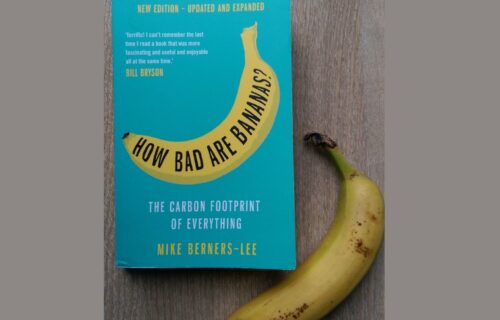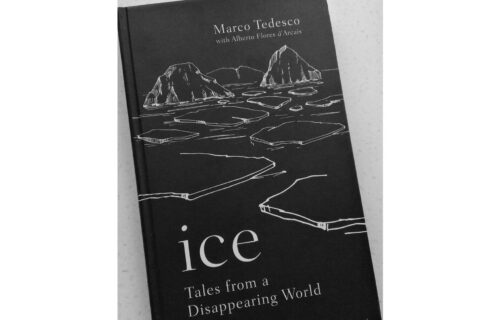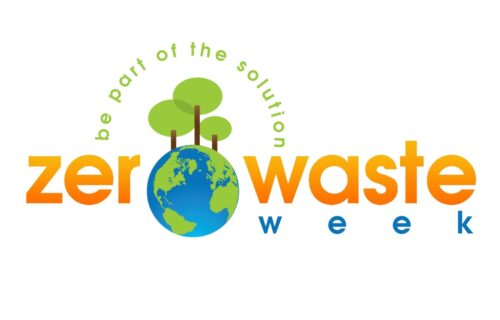Sustainable book club tweet up!
Having read the book and many articles about the environmental impact of the textile industry I recognise even more the urgent need for things to change. A while ago I wrote a series of articles about clothes swapping and how we should all stop buying new clothes now (read more here). I felt that we should make use of what we already have (i.e. enough unwanted secondhand clothes to be able to dress the population of whole other countries!). Another blogger – Meg – felt that instead the best solution is to buy long lasting good quality clothes and wear them out entirely – read more here.
I agree with Meg’s point of view and I agree with my point of view as they reflect our different needs and wants. I think they are both part of the solution at the individual level. As individuals I think we need to instigate, take part in and encourage a cultural shift towards the following:
1. Use up or give away to friends / family / strangers (in this country) our unwanted clothes
2. Go forward with only:
- buying really good quality ethically sourced long lasting clothes containing only sustainable natural fibres and/or
- buying or receiving unwanted secondhand clothes from family, friends and strangers and/or
- making your own good quality long lasting clothes from environmentally conscious and ethically sourced fabrics
3. Hire clothes that will only be worn once or twice e.g. suits and dresses
4. Share and pass on clothes to friends/ family / strangers / charity shops (in this country) that are only worn for short periods of time e.g. maternity wear, kids clothes and clothes that no longer fit due to weight gain or weight loss.
5. Swap clothes if you want a wardrobe refresh (whilst still in good condition) with others.
6. Mend and repair clothes that are damaged.
7. Upcycle clothes that are no longer useful in their original form
8. Compost any rags that are no longer of any use.
If this shift occurred overnight it would cause major problems for the countries that are relying on our clothes buying habits and our secondhand clothes exports and could even have a devastating impact on some. It would also impact on all the charities that are making large sums from selling secondhand clothes overseas. It isn’t going to happen overnight though and although there are a core of people swimming against the tide of fast fashion many are being swept away by it. So I think that anyone reading this (or similar articles) should take immediate steps to stop buying new cheap fast fashion clothes and hopefully follow my suggestions above. If enough people do manage to turn the tide and we get to a point where we are no longer buying new and exporting old clothes at exponential rates, what would happen though?
Thinking out loud here – we don’t know long term what the impact would be if we in the West stopped buying ridiculous amounts of clothes and then sending our unwanted secondhand clothes overseas. It may be that countries without clothing industries suddenly start producing and making their own clothes, or it may be that they import cheaply manufactured clothes from other countries (or possibly a combination of the two). People who can’t afford anything other than the cheapest option, will buy the cheapest option whatever that is and it may not be ideal (even people who can afford to buy something more expensive will often go for the cheapest option). So beyond the individual level I think things do need to change on national and global scales as well.
On a slightly lighter note you can see the whole book club discussion on Twitter below and can follow it and join in with it in future under #susbc. The next meetup will be on 17th June between 12.00 and 13.00 and 20.00 and 21.00 (although you are welcome to tweet about it at other times). The book will be Stuffocation by James Wallman. Looking forward to tweeting with you about it!




